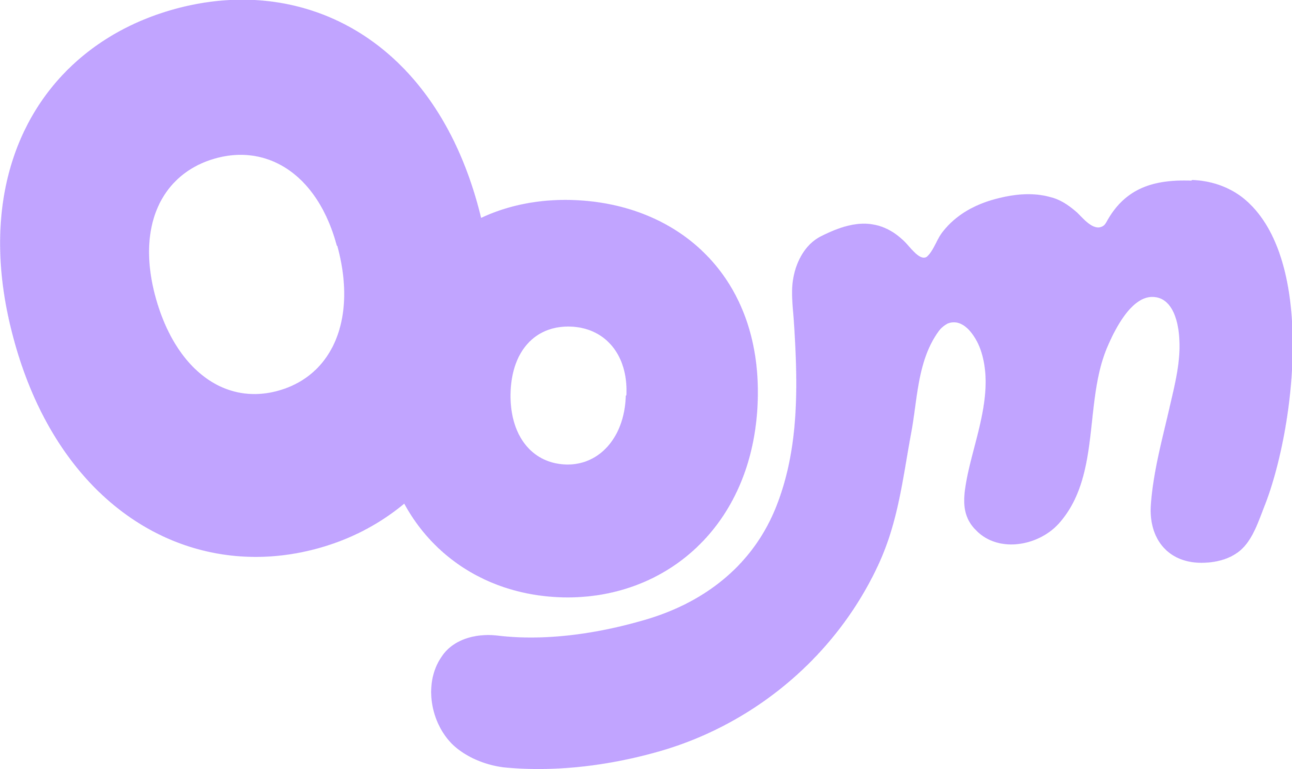Greta Rainbow on Honor Levy’s first novel and the post Alt Lit era.
One time really late at night I tried to draw the definitive scale of irony versus earnestness in the Notes app on my phone. My best friend was muddling through why she didn’t mesh with a certain person, why conversations hung so awkwardly that being together made her feel more alone. The problem was that they were too earnest about things, we decided. You’re either earnest or you’re ironic, and—look around!—it’s an absurd world, how can you communicate without smirking, inviting everyone in on the joke that is so much of life? Isn’t it more honest?
Though that midnight project failed (too many variables) I still notice the binary. In literature, irony as a device has gone in and out of vogue. Postmodern novels: super cynical. New Sincerity authors (DFW, George Saunders) meant what they said. Alt Lit overlapped with New Sincerity but was its own thing that crept in from the Liveblog margins. This was writing about being a person who uses the internet. Tao Lin transcribed G-chats on MDMA. Darcie Wilder wrote keyboard splurges in lowercase.
In the post Alt Lit era, living online is nothing new. In Honor Levy’s My First Book (out this month with Penguin Press), the internet is, as the title suggests, faithful co-author for the first time. The most earnest thing you can do is get a book deal. The most irony-pilled, reactionary cope is to shitpost. My First Book had the potential to synthesize compulsive tweeting stylization with what the thinking man knows a short story collection to be. In practice, the book stagnates in between, failing to capture the exciting stuff of either.
The internet is, as the title suggests, faithful co-author for the first time.
The line “I think trauma is boring” could be a generative Twitter prompt; in the short story “Little Lock” it’s a dead end. It’s internet speak for the sake of it, uninterested in narrative around what trauma could be or mean for a character because here, it’s just a word girls use nowadays. The thought alienates the abstracted narrator from the therapists she lies to for fun. She’d rather “be skinny, famous, loved, and ten and thirty and held and able to hold that shame tight, the shame that I want and want, but I can’t.” That’s basically it.
Oom is the chat app that skips the small talk. Thousands of fun prompts reveal how you compare on everything from your favorite movies to your strangest habits to love and sex. It’s perfect for breaking the ice with someone new and going even deeper with friends and partners. Oom is available to download for Apple and Android today.
In the post Alt Lit literary ecosystem, the most interesting work is still being created on the margins, but with longing glances at the perceived stability of Big 5 publishers. Yet nobody has figured out how to support the margins long term without swallowing them whole. Nobody has figured out how to shape the worst impulses of the enfants terribles without lobotomizing them with MFAs or giving them large book advances they will never earn out.
Sometime in the last decade, “no one buys books” stopped sounding like a smart, insidery confession and more like the whine of an industry addicted to failure.
Sometime in the last decade, “no one buys books” stopped sounding like a smart, insidery confession and more like the whine of an industry addicted to failure. It was irresponsible of Penguin to let Levy publish every short story she had ever written as a longshot bet on her niche It Girl status. Miriam Gordis wrote in a Verso piece about labor and publishing, “Young editors are often tasked with explaining to their older, incredulous bosses why a book by a wildly popular ‘girl blogger’ will succeed… Despite the occasional glimpse of innovation or progress, this system retains its traditionalism.”
I want to give Levy credit for being one of our greatest posters. She self-mythologizes, makes a cast out of stock image models and personalities from the downtown scene that serve as entertainment and as archive. She plays with language. She says whatever she wants. She once tweeted that “this eternal irony vs sincerity debate is sooooo cheugy.” She pretended that Tyrant Books had printed a book of her tweets before she’d ever met publisher Giancarlo DiTrapano.
|  | May 8, 2024 |
|
| 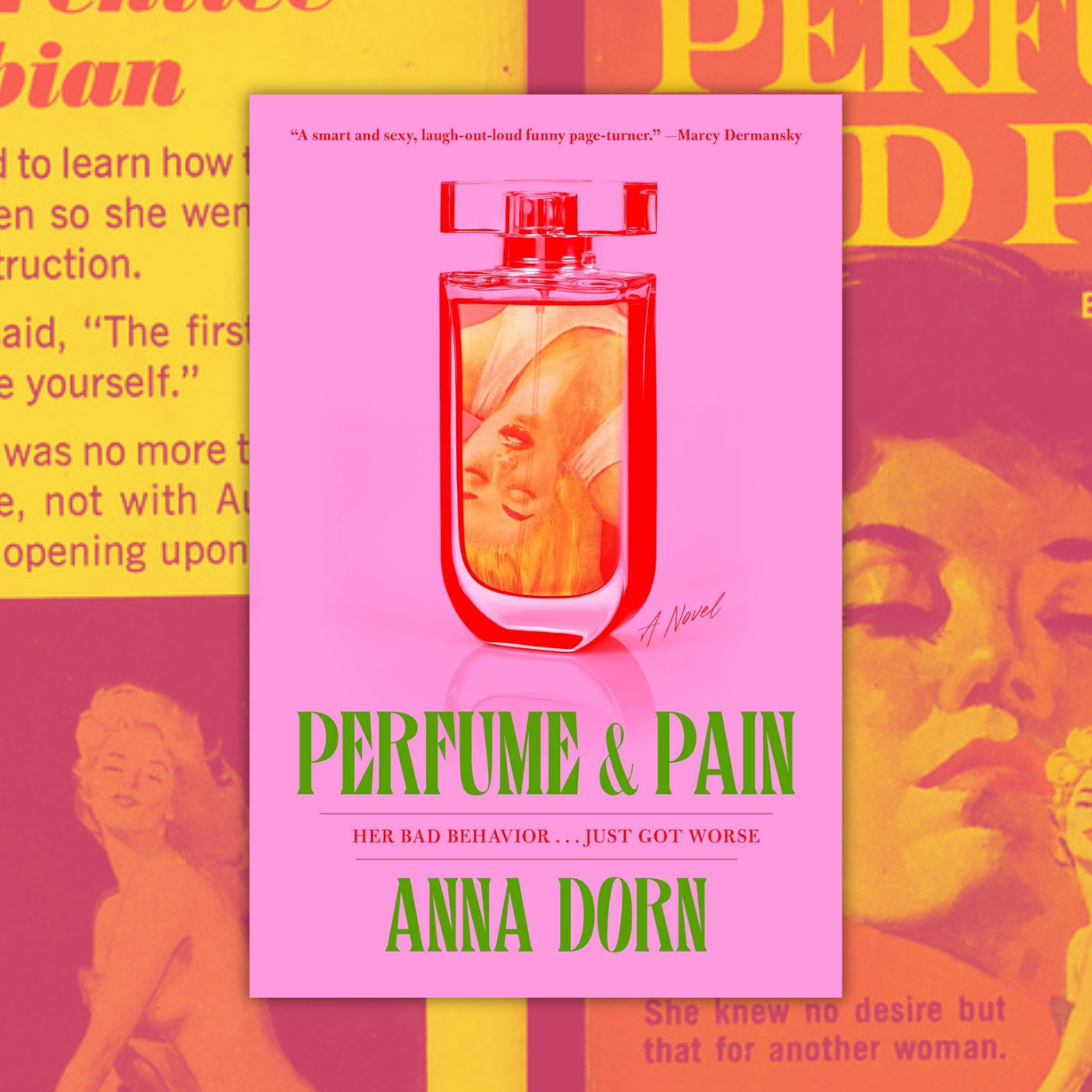 | May 7, 2024 |
|
|  | May 3, 2024 |
|
| 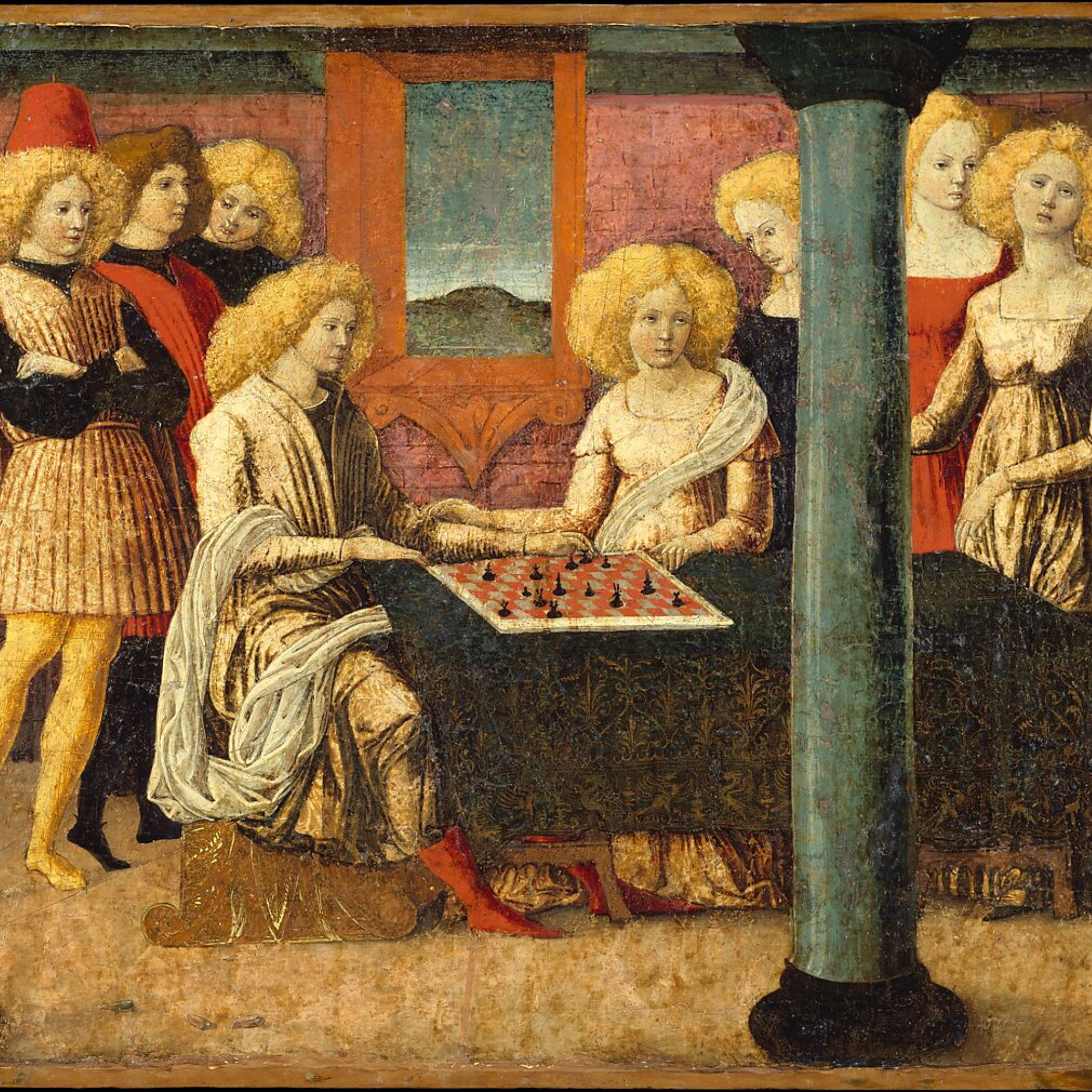 | May 1, 2024 |
|
| 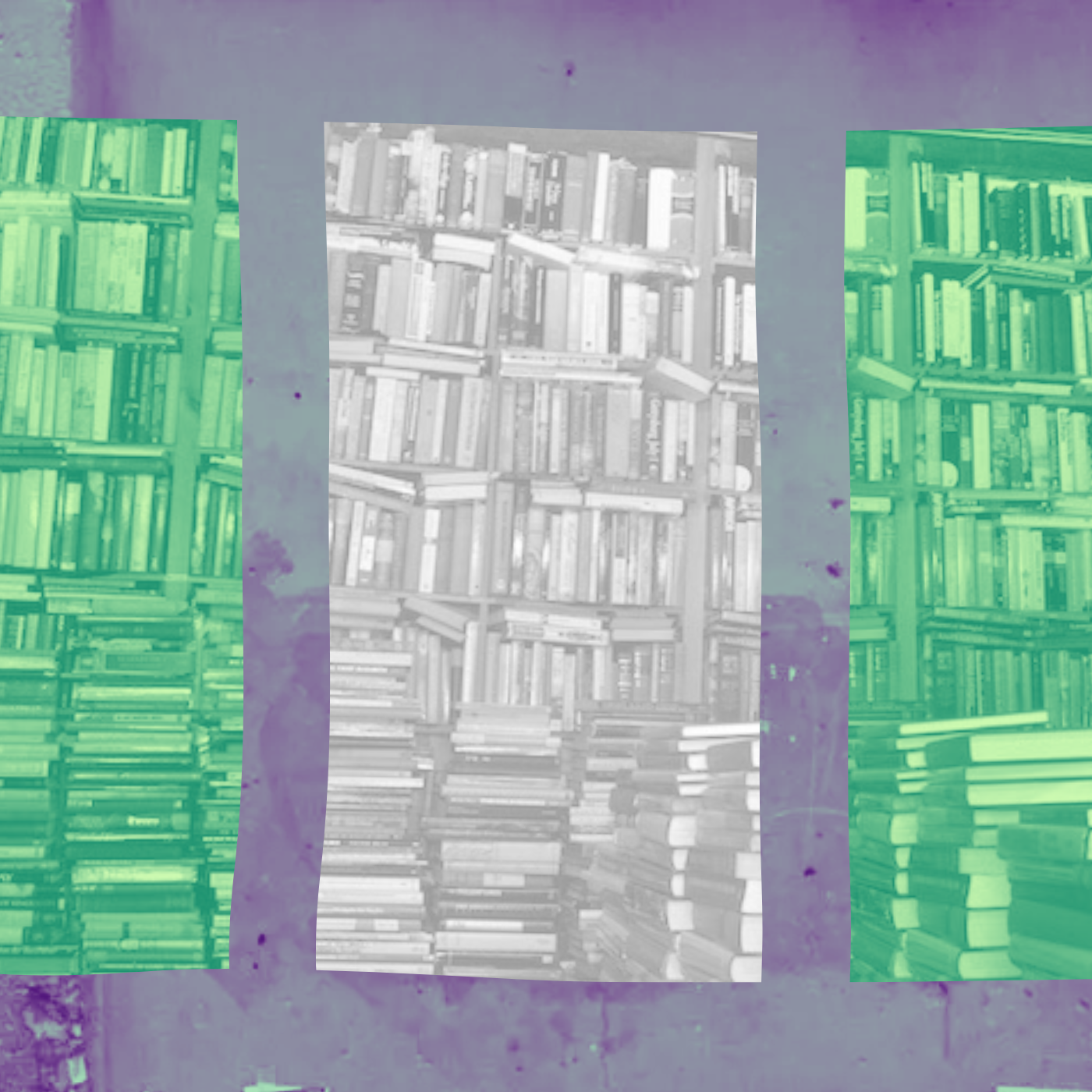 | Apr 30, 2024 |
|
| 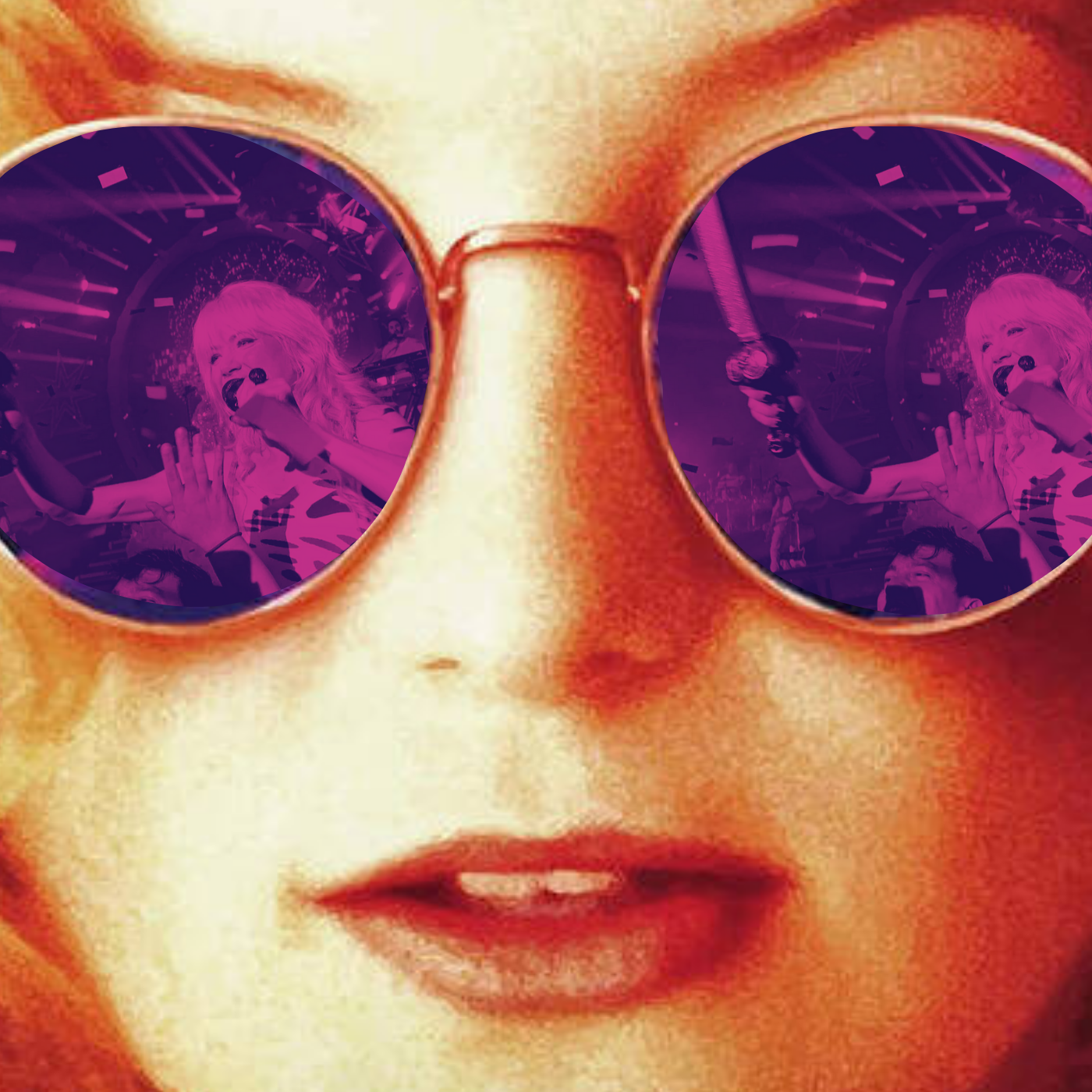 | Apr 29, 2024 |
|
| 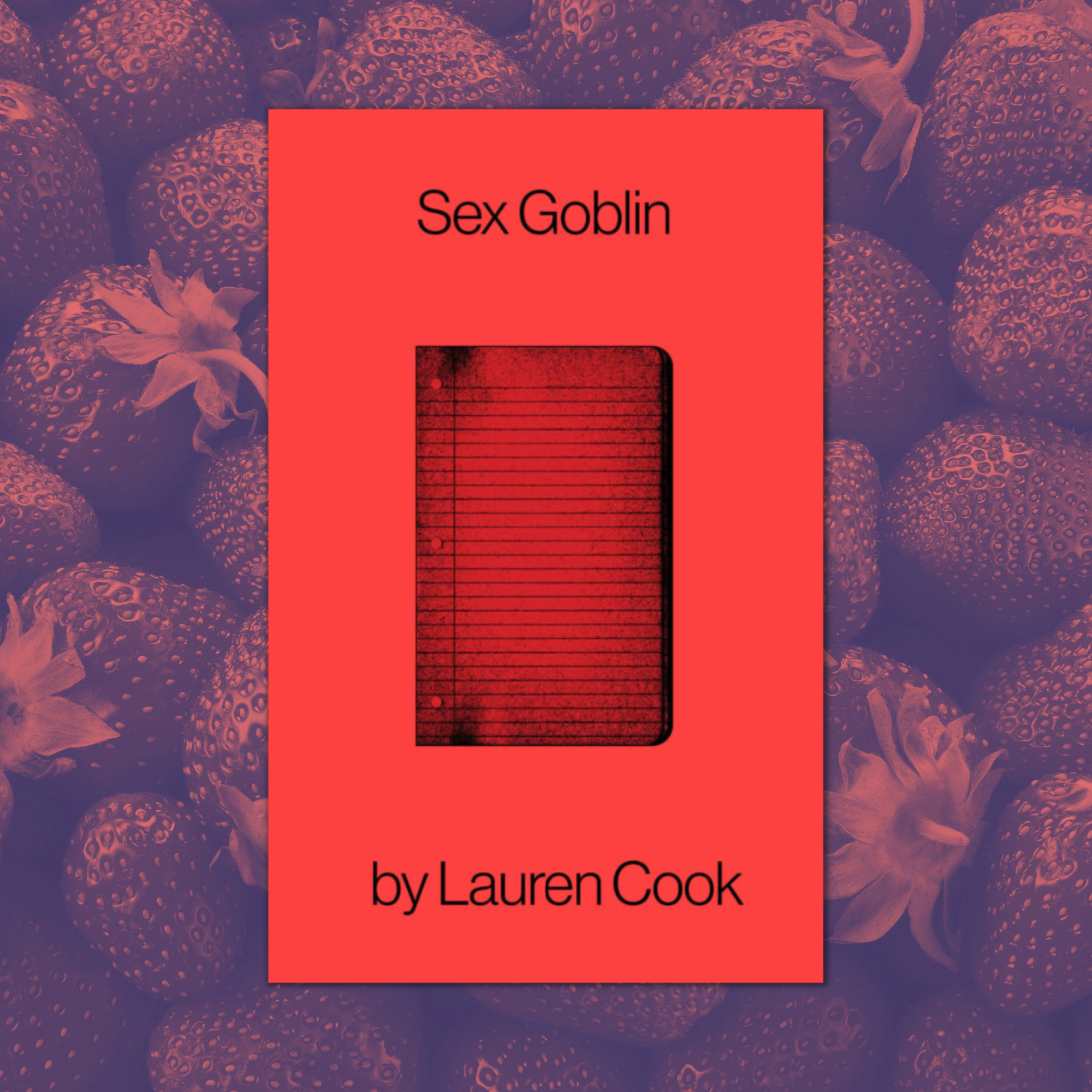 | Apr 26, 2024 |
|
